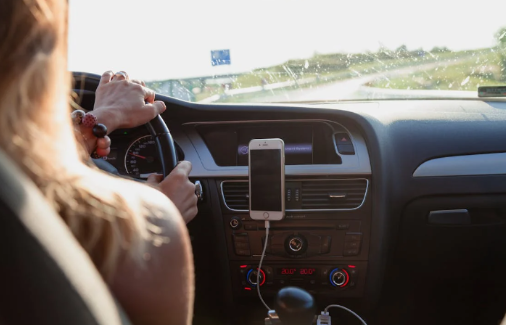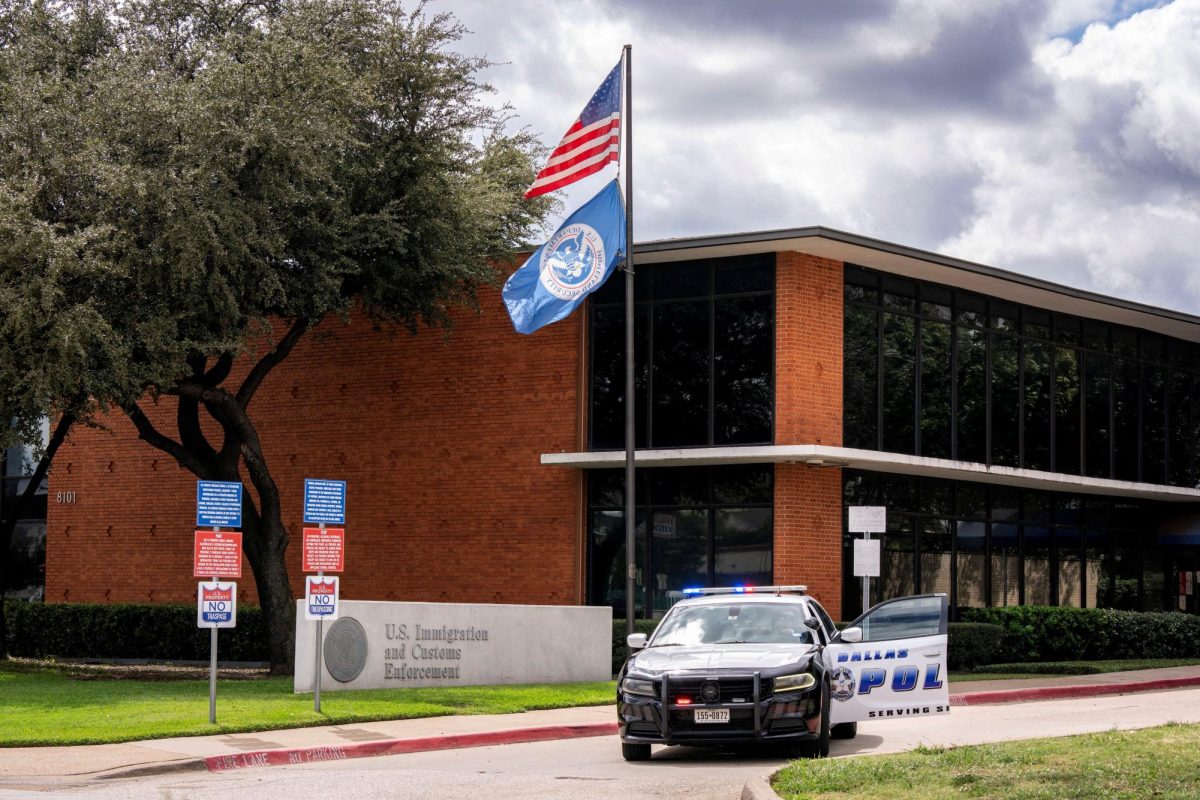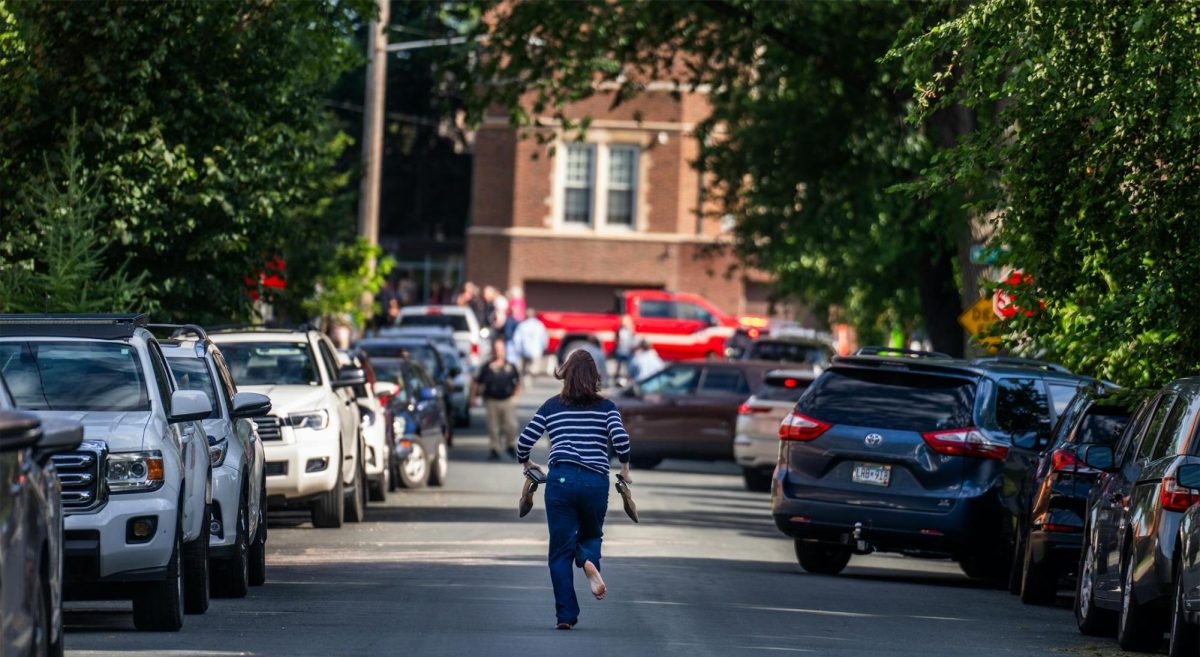Pro/Con: Changing the driving age

Teens should be allowed to get their driver’s license on their 15th birthday.
At this time in their lives, teens are starting high school and beginning to do different things with their lives. Even just finding ways to get to and from school can be a challenge when high school starts.
Being able to get a driver’s license a year and a half earlier would solve many problems for teens today. Many students have to figure out rides or alternatively ride the bus because of the age restrictions of driving. During the colder months, this might mean having to stand out in the snow or rain waiting for their bus to show up.
It would also help schools because of the challenges districts are having with bus drivers. Because of the bus driver shortage, some bus routes sometimes have to be cancelled, making it more difficult for students to get to their classes that day.
Being able to drive at 15 could also improve teens’ time management at a younger age. As teens start to get older and have a busier schedule, they need to be able to rely on themselves to get to places on time.
This would also mean teenagers wouldn’t have to depend on their parents for rides, which can lead to many more opportunities. Teens would be able to get jobs and make their own money at a younger age, because they would not have to worry about their parents driving them to and from work.
Being able to drive is also a transition into becoming a young adult, so driving at a younger age would help give these teens a taste of the responsibility they will be getting when they become an adult. Students who are 15 years old have the same responsibilities as juniors and seniors in high school, so they should have the same opportunities.
Driving is also a big part of a teenager’s independence, so this would provide them with a source of freedom.
There is the argument that teens can be irresponsible, but that does not mean all teens.
It is the same for adults: There are some who are responsible and some that are not. Anybody can be a reckless driver, regardless of their age.
There could be new restrictions set for teens under the age of 16 while driving, if the driving age were lowered. For example, the curfew time can be changed from the current time of 11 p.m. to 7 p.m., so young teens could not drive while the sun is down.
Allowing 15-year-olds to get a driver’s license would offer many benefits for them. They would learn time management and become more responsible. It solves many problems and provides more independence for teens.
Although driving can be beneficial in a person’s daily life, driving also poses many risks that are ultimately not beneficial for younger drivers. Younger drivers are generally less mature, and so people 15 to 20 are involved in more fatal crashes in America than any other age group.
Because of this, state law should be changed so that teens have to wait until they turn 18 to get their learner’s permit and age 21 to get their driver’s license.
By delaying the driving age to at least 21, drivers are more likely to have better judgment and decision-making skills than when they did when they were 16 years old.
The National Highway Traffic Safety Administration said that in 2021, 12.6 percent of fatal car accidents that happen in the United States involve younger drivers.
These statistics depict just how prone younger drivers actually are to crashing because of risky behavior on the road. Some of these behaviors include speeding and being distracted by cell phones and radios.
An individual’s awareness of the road is what helps them succeed as a driver. Younger drivers are known to be less conscientious on the road, especially when accompanied by young passengers.
A younger driver accompanied by another younger passenger in the car poses a higher risk of crashing because of the tendency to converse while driving, which can be a distraction for a less experienced driver.
It is true that changing the driving age would mean that younger drivers would have to look for other sources of transportation for everyday activities. The biggest benefit of driving is convenience, but the benefit of waiting and practicing is the guarantee of safety and experience.
Overall, increasing the driving age to 21 years of age would reduce the number of fatal crashes. Older drivers will be more mature and better able to handle the distractions on the road.















Ben • Mar 18, 2025 at 10:38 pm
This is really good evidence and just helped me get an A on my project, thank you for making this it has help me a lot.